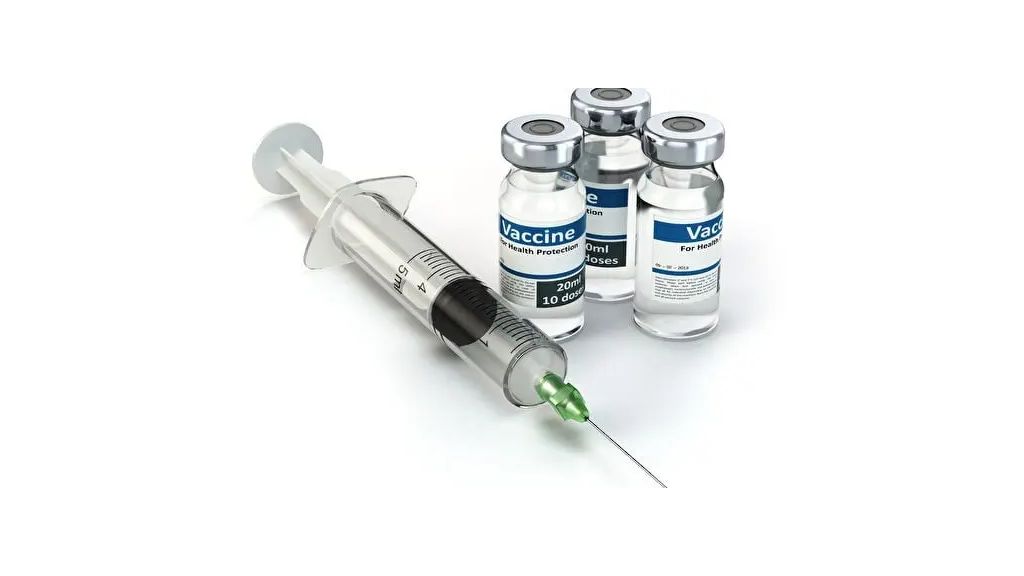Most adults in a new survey said they do not desire an updated COVID-19 shot.
A majority of adults in a new survey have said that they do not want to get an updated COVID-19 vaccine.
Fifty-nine percent of adults responding to a Pew Research survey said they do not want one of the vaccines, which became available this fall.
Twenty-six percent of respondents said they do want an updated vaccine, while another 13 percent said they have already received one.
COVID-19 vaccine uptake was widespread early in the pandemic but has declined significantly since then. Only 23 percent of adults received one of the vaccines in late 2024 or early 2025, according to federal data.
The Centers for Disease Control and Prevention (CDC) used to recommend COVID-19 vaccination to nearly every person except for young infants but has narrowed that recommendation twice. In the most recent update, in October, the CDC withdrew its broad recommendation and advised each person to consult with a health care professional and consider various factors, such as whether they have any underlying conditions, such as obesity, that would place them at higher risk, before receiving a COVID-19 vaccine.
The new survey found that, when dividing respondents by age, older people are the most likely to have received or be planning to receive one of the updated shots. Fifty-one percent of adults aged 65 and older marked one of those two responses.
The survey revealed a sharp divide in attitudes toward the shot based on political affiliation.
A majority of Democrats, 64 percent, have either received a vaccine recently or plan to go get one, according to the survey. By contrast, 83 percent of Republicans said they do not want to get one of the shots.
Some 44 percent of respondents said they had not heard that the CDC altered its COVID-19 vaccination recommendations. Out of those who did, 53 percent said the new guidance did not influence them at all. Twenty-four percent said it had a minor influence, while 12 percent said it had a major influence.
The survey of 5,111 adults was carried out from Oct. 20 to Oct. 26 online and over the phone. The margin of error was plus/minus 1.7 percent.








